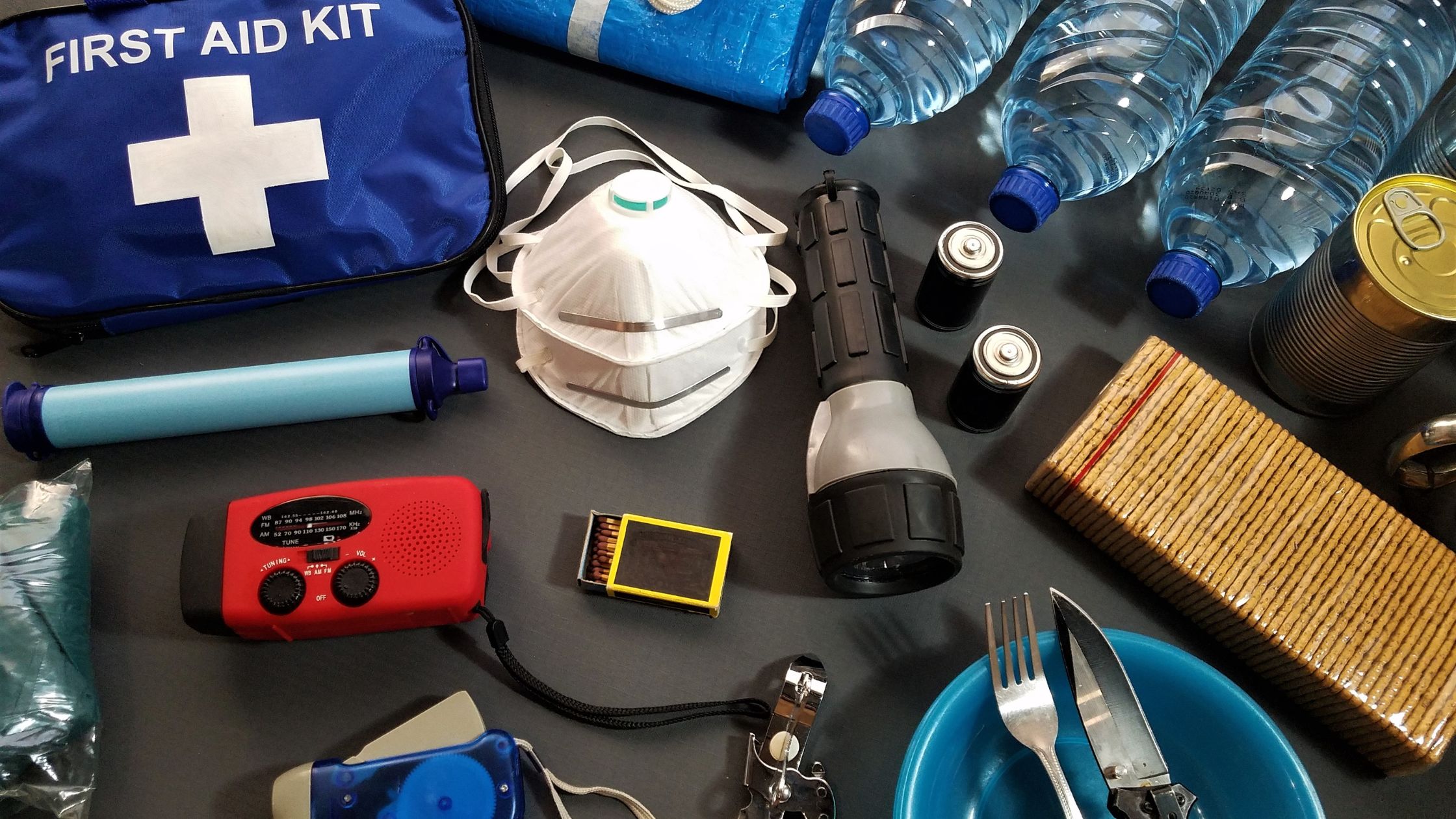The brakes on your vehicle endure significant stress with every drive, whether you’re slowing down in traffic, stopping at a red light, or making a sudden hard stop to avoid an obstacle. Over time, this continual use leads to normal wear and tear, potentially diminishing their effectiveness. Regular preventive maintenance on your braking system is essential to ensure optimal performance and provide a safe driving environment for you and your family.
What Makes a Brake
Your vehicle’s brake system consists of a disc (or rotor), a caliper, and brake pads. From the driver’s perspective, applying the brake pedal seems like a simple action resulting in the vehicle stopping. However, inside the car, depressing the pedal sends brake fluid through the brake lines, causing a piston movement in the master cylinder. As the caliper’s pistons initiate, the brake shoe presses against the rotor, creating friction on the brake drum.
Why Choose a Mechanic?
While some DIY car owners may attempt brake pad replacement, it’s crucial to fully understand the process before tackling it at home. Though it’s a relatively straightforward task, when it comes to critical components like brakes, certified mechanics, such as those at Glenn’s Auto Repair, are recommended over DIY attempts. While a DIY approach may save money, improper fitting or damage to calipers and other brake components during the process can compromise your vehicle’s safety. If your brakes exhibit issues like squeaking, sticking, or requiring more pressure than usual, it’s advisable to consult a mechanic.
PRICE CONSIDERATIONS
The friction from braking causes brake pads to wear down over time, necessitating replacement. This regular upkeep is a standard part of preventive maintenance for your braking system. While it involves spending money, this investment ensures your vehicle remains in working order, providing a secure journey every day. If you’re wondering about the cost of brake repair, various factors influence the expenses associated with maintaining this critical component of your vehicle.
“Have used this service for years. Their mechanics are top notch. Their pricing has always been fair. I recommend them to close friends and relatives.”
John Doe Tweet
The typical cost for replacing a brake pad falls within the range of $100 to $300 per axle, contingent on the auto repair shop you choose. While this may seem substantial initially, it’s crucial to consider the potential alternatives. Neglecting to address a worn brake pad, leading to further damage and necessitating brake caliper repair or replacement, could incur expenses ranging from $300 to $800, and in some cases, even reaching $1000 at certain garages.
Similarly, the cost of replacing a brake rotor typically falls between $406 and $559. Understanding these potential costs emphasizes the importance of timely and proactive brake maintenance.
Why Choose Us
While Brake Pad replacement may seem like a straightforward task that some car owners attempt on their own, it’s crucial to recognize the importance of proper equipment and expertise. If you lack the necessary tools and knowledge, it’s advisable to refrain from attempting it yourself and instead entrust the job to professionals. While opting for a DIY approach might save you a few bucks, the risk of improper fitting or potential damage to the caliper could compromise your car’s safety on the roads. Seeking professional assistance is paramount, and AAA Services Center excels in conducting such repairs.
WHEN IS REPAIR NECESSARY?
While the mechanical components of the alternator are sealed, stagnant water can lead to damage as the lubrication wears away. Repetitive exposure to water may harm the brushes due to electrical arcing, resulting in wear. Detecting issues early is crucial. While driving, monitor your dashboard signals. If the ignition is on, a battery light will illuminate on your car dashboard, indicating the need for prompt attention. Similarly, malfunctioning plates in the car could be the cause of battery failure.


